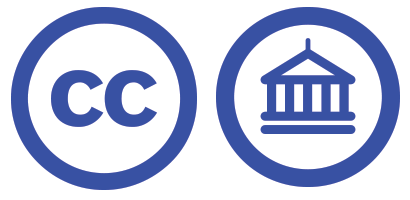
We’re pleased to announce a new suite of Creative Commons licenses specifically designed for intergovernmental organizations (IGOs). IGOs produce a wide array of valuable information and content, ranging from scholarly and scientific papers to environmental data. Just like other creators who seek wide dissemination of their works to achieve maximal impact, IGOs benefit from using CC’s well understood and widely adopted licenses.
Since the 2011 CC Global Summit in Warsaw, and in tandem with our 4.0 license development process, we’ve been working closely with IGOs to understand and find acceptable ways to address their unique needs in our licenses. The process mirrored the porting process used for the 3.0 licenses, which addresses specific needs of jurisdictions. Additionally, we have been working closely on adoption opportunities so that the valuable content IGOs produce can be reused around the globe under our standard licenses. For example, the World Bank leverages CC’s licenses as part of its impressive open access policy, and Commonwealth of Learning has adopted an OER policy under which it will release its own materials using CC licenses.
CC and IGO working group participants announced the results of this effort today. From the press release:
“The more that everyone can access and use the important work of IGOs, the more impactful they are,” Creative Commons co-founder Lawrence Lessig said. “By publishing their information and data under Creative Commons licenses, these organizations are giving anyone on the planet the right to read and share those materials.”
You can learn more about the IGO licenses on our wiki, where you can also find specific considerations that licensees should be aware of when using a work under these new licenses.
Congratulations to everyone! We look forward to seeing more and more IGOs joining the commons.







Is there a directory of intergovernmental organizations which have an open access policy? I’m particularly interested in which UN organizations are leading efforts.
It would also be helpful to have some tips on how to suggest to the organizations which do not have such policies that they get on board.